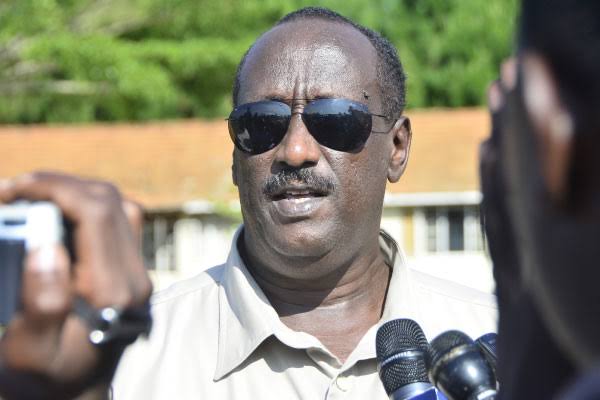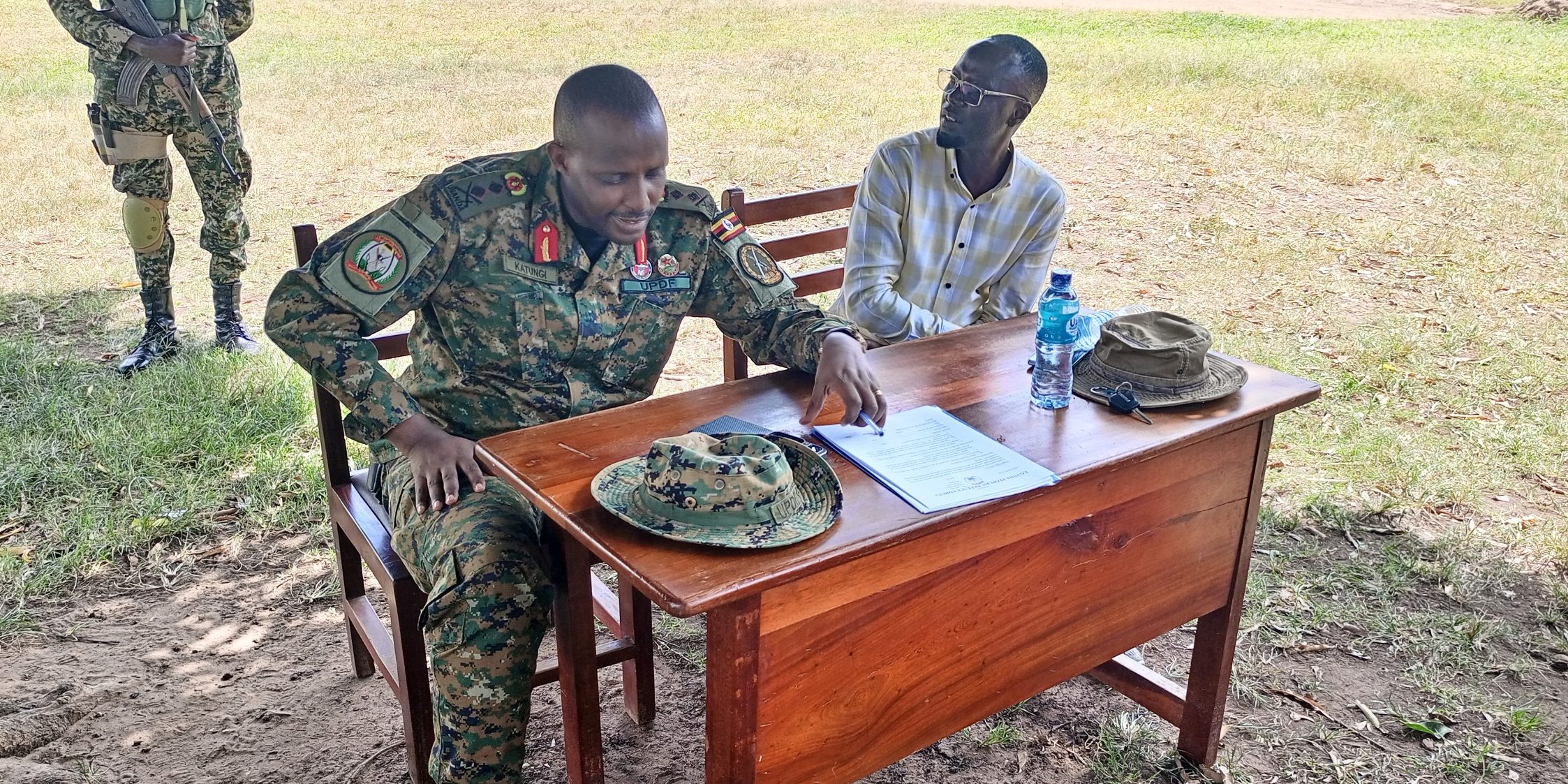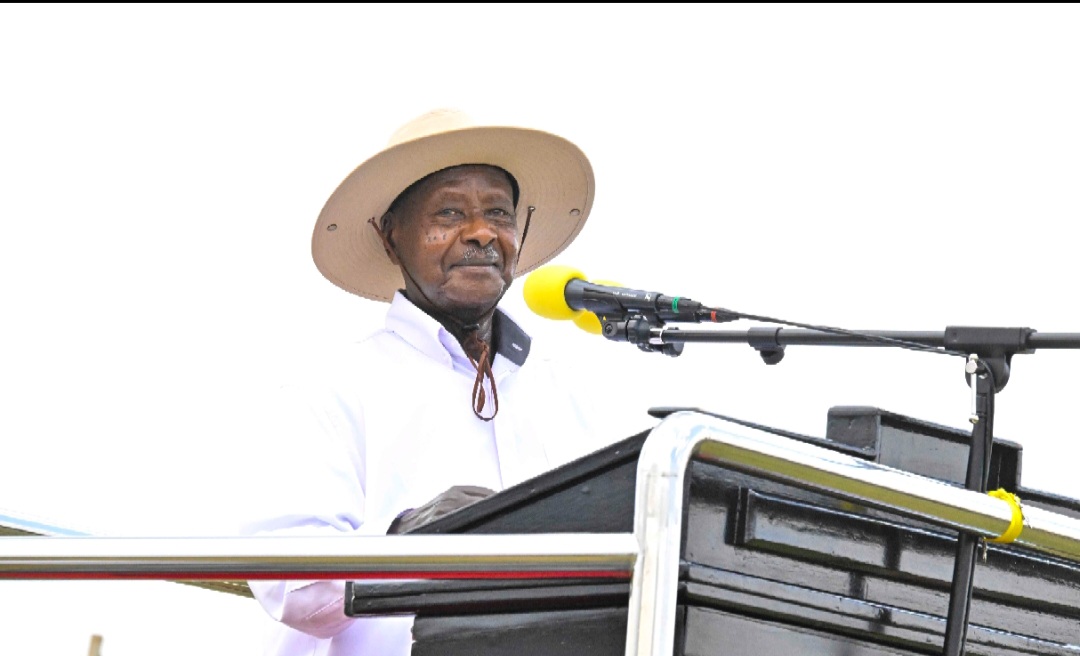We know he is naturally a very busy person but President Museveni’s brother Gen Salim Saleh should create time and personally read chapter 12 of the newly-released 2024 census final report.
It’s a 351 pages report whose authors, led by UBOS ED Dr. Chris Mukiza and Governing Board Chairman Dr. Albert Byamugisha, dedicated chapter 12 (pages 155-162) to disseminate findings regarding the impact of several wealth creation programmes and interventions the GoU has been putting in place over the years.
Examples of these interventions include PDM, emyooga, Youth Livelihood Programme, the Social Assistance Grants for Empowerment (SAGE) for older persons aged 80 & above, National Agriculture Advisory Services (NAADS), the Uganda Women Entrepreneurship Programme (UWEP) to deepen women entrepreneurs’ access to financial services, Special Enterprise Grant for Older Persons (SEGOP) for older persons aged 60-79 and Gen Salim Saleh’s Operation Wealth Creation (OWC).
Even when they are targeted at different gender and age groups, these programmes were all aimed at increasing incomes and improving the quality of life for the targeted groups or households across the country. This is one thing that all these wealth creation interventions had in common.
His busy schedule notwithstanding, Gen Saleh ought to put aside time and at least read that part on his OWC impact and performance. The census enumerators did ask people in the individual households as they went about the enumeration work in May 2024 specifically about how they had benefited from each of these interventions.
Assuming the respondents were being truthful, what is contained in the UBOS report shows that the multi-billion OWC, like all the others, impacted far much fewer citizens than had been targeted.
They each sought to impact Ugandans living under the subsistence bracket that comprises households whose dwellers are financially vulnerable and have no much interaction with the money economy and live hand to mouth. These are established to be not less than 3.5m households out of the total number of 10.7m households the census enumerators established Uganda to be having as at May 2024.
Being chiefly coordinated by Gen Saleh, who is aided by hundreds of army officers each one of whom is charged with a sub region, a district or a city, OWC seeks to transform millions of subsistence farmers into commercial farmers.
The stated overall objective is to end household poverty among the intended beneficiaries who had to be all financially vulnerable adults aged 18 and above.
During the census exercise, the enumerators kept asking households if they had benefited or not. And by the time the final tabulation was done, it was established that less than 1% (0.4% to be exact) of the intended beneficiaries had been impacted by or benefited from the OWC intervention.
This is something that must intrigue Gen Salim Saleh who has dedicated a lot of effort to get things done, through distribution of high quality seedlings and other farming inputs, across the country since the year 2013 when the OWC operation started.
Assuming that the people in the households who answered the questions weren’t being deceptive in their answers, this anomalous situation that only 0.4% of the intended households had so far benefited from or had been impacted by OWC would equally disturb the President himself too.
OTHERS EQUALLY STRUGGLING:
The situation was hardly any better with all the other similarly-targeted interventions like Youth Livelihood Programme (YLP) which the census report establishes to have impacted only 0.4% among the targeted households in which vulnerable youths aged 18-30 live.
PDM had impacted only 832,746 which is 24% of the targeted 3.5m households as of May 2024. It was 18% for SAGE which began in and has been on since 2011. Under SAGE, older citizens aged 80 and above were originally facilitated by the GoU with an upkeep of Shs25,000 per month through the Ministry of Gender, Labor & Social Development.
Yet that isn’t all. The now disbanded NAADS (which was enacted in the 2000s to increase commercialisation of agriculture
while accelerating and enabling agro-processing and value addition besides improving household food security and income) only managed to impact 0.9% of the intended beneficiary households as of May 2024.
Finance Shadow Minister in Parliament Semujju Nganda, who is also a renowned pundit, says that this is extremely shameful given than hundreds of billions of shillings were sunk in all these wealth creation programmes over the years.
The best performance under these interventions was registered under the little known SEGOP, which supports older persons aged 60-79 into income generation activities. Under this intervention, the census exercise established that 7% of the intended beneficiary households were impacted or had their older persons benefit.
Under the Emyooga intervention, which aimed at transitioning 69% of the targeted 3.5m households from subsistence to the money economy space through getting them into market-oriented production, the census exercise established that only 0.4% of the intended households had at least one member who had received or got the attendant cash!
One can only imagine or wish that those responding to UBOS census enumerators’ questions didn’t answer truthfully otherwise 0.4% is alarmingly low given the hundreds of billions of shillings that have been sunk into the Emyooga programme.
Do you have a story in your community or an opinion to share with us: Email us at Submit an Article









